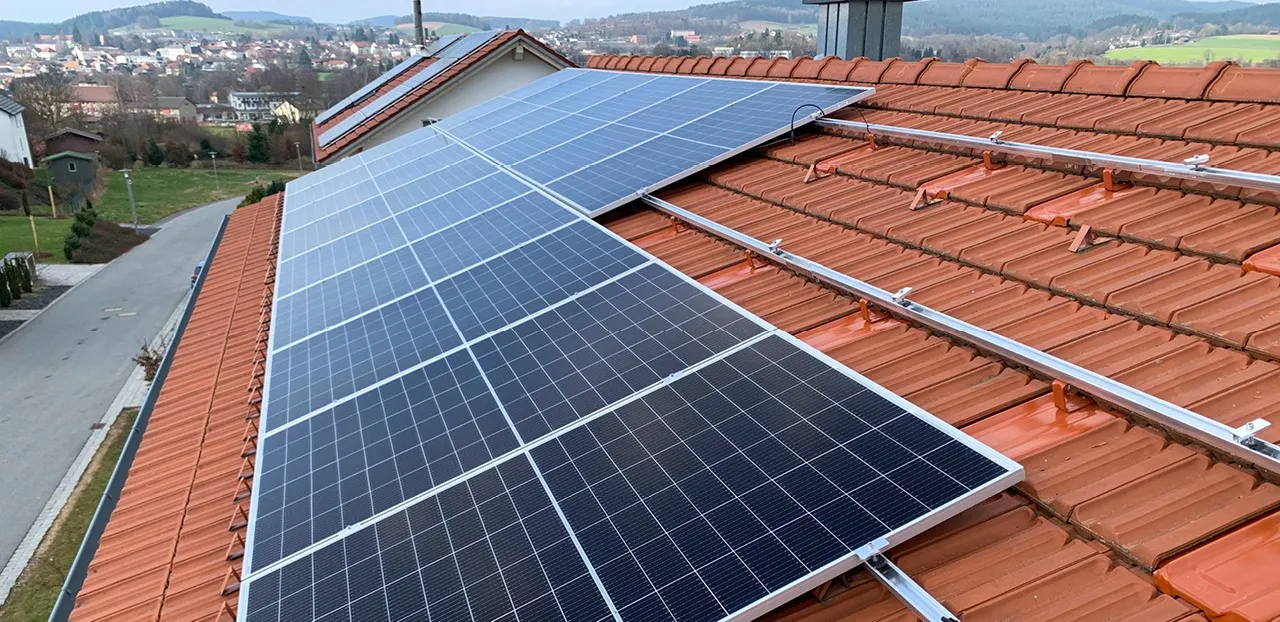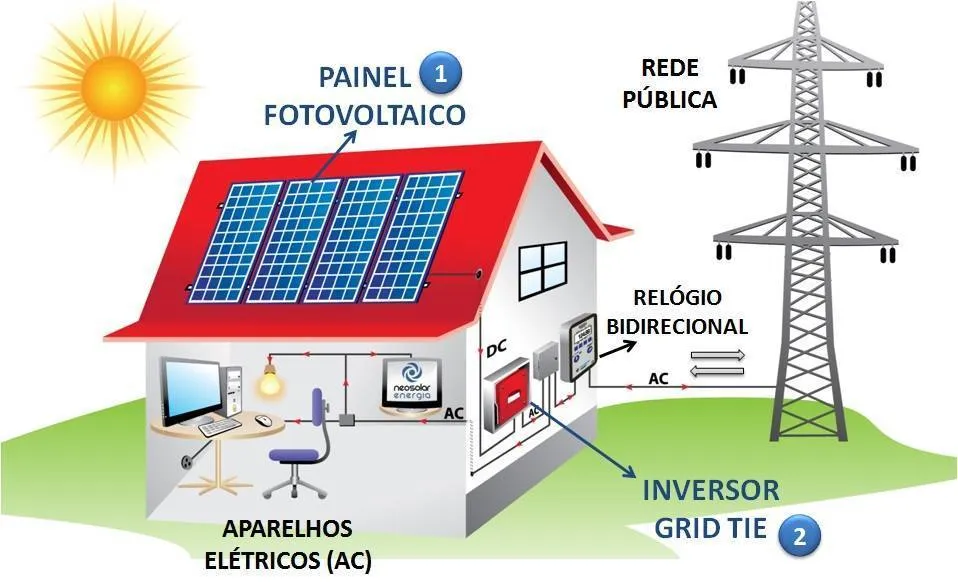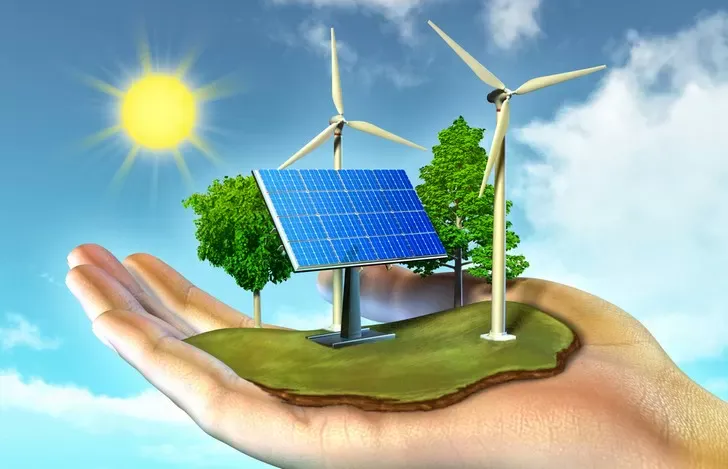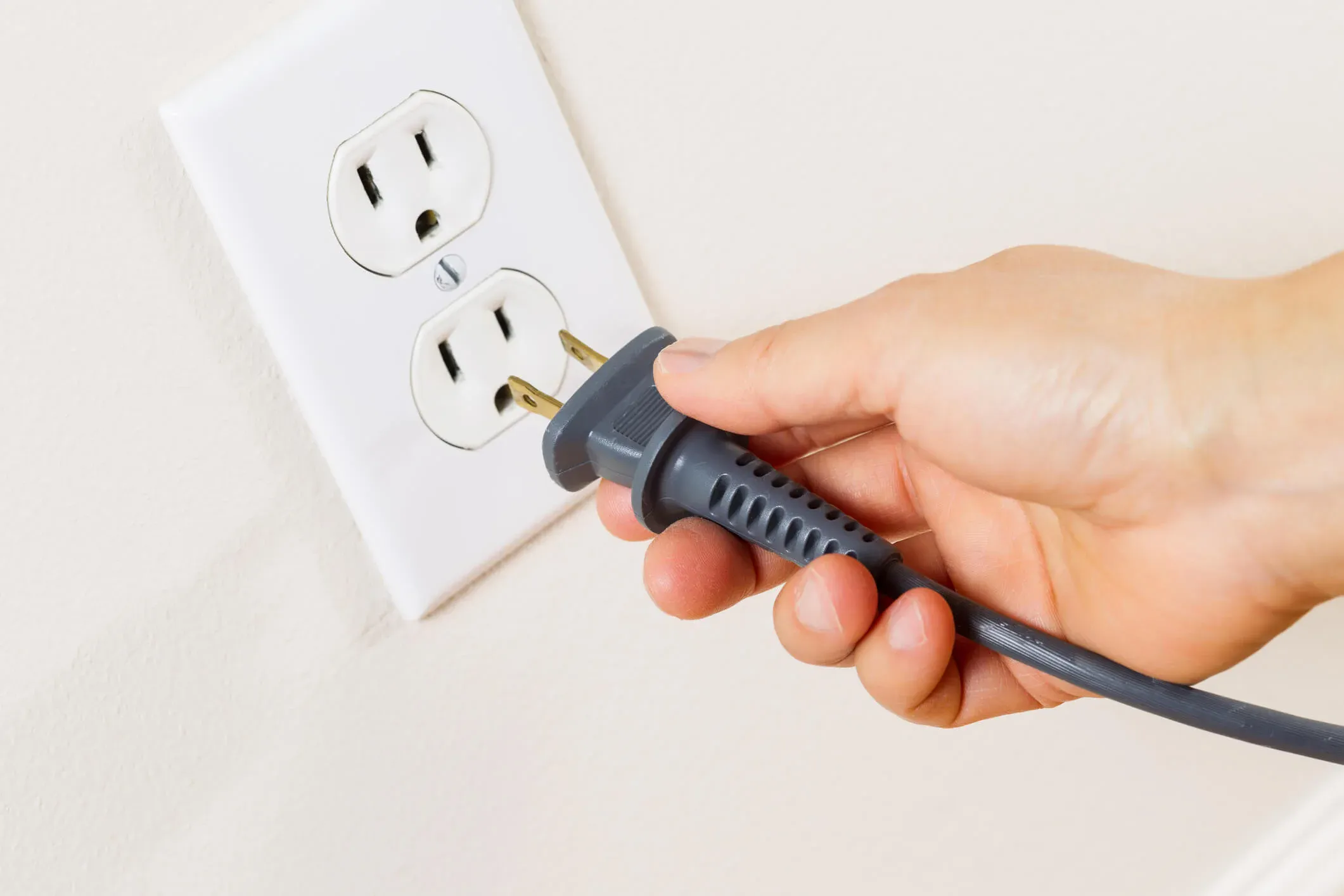Is Solar Energy Worth It? Everything You Need to Know
Discover if solar energy is really worth it in 2025. Complete guide with costs, savings, benefits and everything you need to know before investing.
If you're tired of seeing your electricity bills arrive with increasingly higher amounts each month, you've probably wondered: is solar energy worth it? The short answer is yes, but like any major decision, there are details you need to know before investing.
In recent years, solar energy has become one of the most sought-after alternatives by American homeowners. And it's no wonder: besides drastically reducing your electric bill, it offers energy independence and contributes to a more sustainable future.
In this complete guide, I'll show you exactly how solar energy works, what the real costs are, how much you can save, and whether it really pays off to make this investment in 2025. Get ready to discover everything about this technology that's revolutionizing the American energy sector.
Table of Contents
- What is Solar Energy and How Does It Work
- Is Solar Energy Worth It Financially?
- How Much Does a Solar Energy System Cost
- Real Savings on Your Electric Bill
- Types of Solar Energy Systems
- Advantages and Disadvantages of Solar Energy
- Financing and Payment Options
- System Maintenance and Durability
What is Solar Energy and How Does It Work
Solar energy is electricity generated from sunlight through photovoltaic panels. It's a simple yet extremely efficient technology: when solar rays hit the photovoltaic cells in the panels, they convert that light directly into electrical energy.
The system works basically like this: solar panels capture sunlight and generate energy in direct current. This energy passes through a solar inverter, which converts it to alternating current (the standard used in our homes). From there, the energy powers all the equipment in your residence.
During the day, when there's excess energy production, it's fed back into the utility company's electrical grid, generating credits that can be used during the night or in periods of low sunlight. It's a smart system that ensures you always have energy available.
If you're interested in upgrading your entire home office setup, consider investing in quality home office essentials that can work efficiently with your new solar system.

Is Solar Energy Worth It Financially?
Yes, solar energy is absolutely worth it financially. The numbers prove it: a well-sized photovoltaic system can generate savings of up to 90% on your electric bill, with return on investment between 4 to 6 years.
Let's do a practical calculation: if you spend $150 per month on electricity, that represents $1,800 per year. Over 25 years (the lifespan of the panels), you would spend $45,000 just on electricity, considering annual rate increases.
With a solar energy system, you make an initial investment of about $15,000 to $30,000 (depending on system size) and practically zero out your electric bill for more than 25 years. The net savings can reach over $30,000 throughout the system's lifespan.
Additionally, studies show that homes with solar energy increase in value by up to 4%, making the investment even more attractive from a real estate perspective.
For those looking to maximize their energy efficiency, combining solar with smart home devices can provide even greater control over your energy consumption and savings.
How Much Does a Solar Energy System Cost
The cost of a solar energy system varies mainly by installation size, which depends on your monthly energy consumption. For an average American home, the values are as follows:
Residential Systems:
| System Size | Monthly Consumption | Cost Range |
|---|---|---|
| 4 kW System | Up to 500 kWh/month | $12,000 - $16,000 |
| 6 kW System | Up to 750 kWh/month | $18,000 - $24,000 |
| 8 kW System | Up to 1,000 kWh/month | $24,000 - $32,000 |
These values include all necessary equipment: solar panels, inverter, mounting structure, wiring, and professional installation. It's important to remember that this is an investment, not an expense, since the system pays for itself through electric bill savings.
An important tip: many people worry about whether they can afford the initial investment. But today there are excellent financing options that allow you to swap your electric bill amount for the financing payment, making the investment viable from the first month.
If you're planning a complete home renovation, don't forget to consider other energy-efficient upgrades like modern kitchen appliances that will work perfectly with your new solar setup.

Real Savings on Your Electric Bill
The savings provided by solar energy is one of the main reasons that makes this investment so attractive. But it's important to understand how it works in practice to avoid creating unrealistic expectations.
How the Savings Work: A well-sized system can reduce your electric bill by up to 90%. This means a $200 bill can drop to about $20 (minimum utility fee). The remaining 10% mainly refers to the electrical system availability fee, which cannot be zeroed out.
Protection Against Energy Inflation: Since 2010, electricity rates have increased significantly in the US. With solar energy, you're protected from these increases for more than 25 years. While those who depend on conventional electrical grid suffer from annual adjustments, you keep your bill practically stable.
The system is also perfect for those who have difficulty saving electricity through habit changes. With solar energy, the savings happen automatically, without you having to worry about turning off appliances.
Types of Solar Energy Systems
There are three main types of photovoltaic systems, each suitable for different needs and situations:
Grid-Tied System (Connected to Grid)
This is the most common and economical type. The system is connected to the utility's electrical grid, allowing you to inject excess energy and receive credits to use when needed. It's ideal for homes and businesses that have access to the electrical grid.
Off-Grid System (Isolated)
Works independently from the electrical grid, using batteries to store energy generated during the day. It's perfect for remote locations, vacation homes, or situations where there's no access to the electrical grid. However, it has higher costs due to batteries.
Hybrid System
Combines the advantages of both previous systems. It's connected to the grid but also has batteries for emergency situations or to use energy during peak rate hours. It's more expensive but offers greater energy security.
For most urban residences, the grid-tied system is the best option, offering the best cost-benefit and greater simplicity in installation and maintenance.
When setting up your solar-powered home, consider investing in efficient vacuum cleaners and other appliances that will maximize your energy savings.

Advantages and Disadvantages of Solar Energy
Like any investment, solar energy has its pros and cons. I'll show you the main points so you can make a well-informed decision.
Main Advantages
Significant Savings: Up to 90% reduction in electric bill, with protection against rate increases for more than 25 years.
Renewable and Clean Source: Doesn't emit polluting gases and uses an inexhaustible energy source - the sun.
Low Maintenance: Only semi-annual panel cleaning and annual system verification.
Property Value Increase: Homes with solar energy appreciate on average 4% in the market.
Guaranteed Return: Payback between 4 to 6 years, with more than 20 years of subsequent savings.
Main Disadvantages
High Initial Investment: Although it's an investment that pays for itself, the initial outlay can be significant for some families.
Climate Dependency: Generation varies according to weather conditions, being lower on cloudy days.
Requires Adequate Space: Needs sufficient area on the roof or ground with good solar exposure.
Regulatory Changes: Although federal tax credits provide legal security, future changes may impact profitability.
Even considering the disadvantages, the benefits far outweigh the negative points, especially in the American context with high solar incidence in most states.
Financing and Payment Options
One of the biggest concerns for those considering installing solar energy is how to financially make the investment viable. The good news is that there are several options that make the project accessible.
Bank Financing
Major banks offer specific lines for solar energy with special conditions:
- Reduced interest rates (from 3% APR)
- Payment terms up to 20 years
- Grace period up to 6 months to start payment
- Financing up to 100% of the project value
Solar Loans
Many companies in the sector offer their own financing, eliminating banking bureaucracy. Usually with competitive rates and faster approval.
Solar Leasing
Option that allows you to "rent" the solar system with fixed monthly payments, including maintenance and monitoring.
The smartest strategy is to compare the financing payment value with your current electric bill. In most cases, you can swap one for the other, starting to save from the first month after installation.
For those planning a complete home upgrade, consider getting quality home office furniture and comfortable chairs that complement your energy-efficient lifestyle.
System Maintenance and Durability
One of the great attractions of solar energy is its low maintenance needs. Photovoltaic systems are designed to function for decades with minimal care.
Required Maintenance
Panel Cleaning: Every 6 months, or 4 months in regions with lots of dust. Can be done with water and neutral soap or by hiring specialized service.
Visual Inspection: Semi-annual verification of cables, connections, and mounting structure to identify possible problems.
Performance Monitoring: Monthly generation tracking through apps to detect performance drops.
Equipment Durability
Solar Panels: 25-year efficiency warranty, maintaining at least 80% of original capacity.
Inverters: Lifespan of 10 to 15 years, being the component that will likely need replacement first.
Mounting Structure: Made of aluminum and stainless steel, lasts practically the entire system lifespan.
Considering the lifespan of over 25 years and low maintenance needs, maintenance cost represents less than 1% per year of the initial investment value.
For a complete energy-efficient home setup, consider adding energy-efficient appliances like air fryers that work perfectly with solar power systems.

Conclusion: Is Solar Energy Really Worth It?
After analyzing all aspects, the answer is clear: yes, solar energy is absolutely worth it in 2025. The numbers don't lie: up to 90% savings on your electric bill, return on investment between 4 to 6 years, and more than 20 years of subsequent savings.
Beyond the financial benefits, you contribute to a more sustainable future and also increase your property value. With available financing options, it's possible to start saving from the first month, swapping your electric bill amount for the system payment.
The United States has one of the world's best solar potentials, making our country extremely favorable for this technology. If you were unsure about investing in solar energy, this is definitely the right time.
For those seeking savings, sustainability, and energy independence, solar energy represents one of the best decisions you can make for your home or business. The investment pays for itself and still generates savings for decades.
How about starting by calculating how much you can save with solar energy in your residence? The first step to a much lower electric bill is within your reach.
For more energy-saving tips, check out our guides on how to save electricity at home and LED lighting solutions to maximize your overall energy efficiency.
Whether you're interested in upgrading your entire home with smart home technology or simply want to learn more about solar energy solutions, the key is taking that first step toward energy independence and long-term savings.

